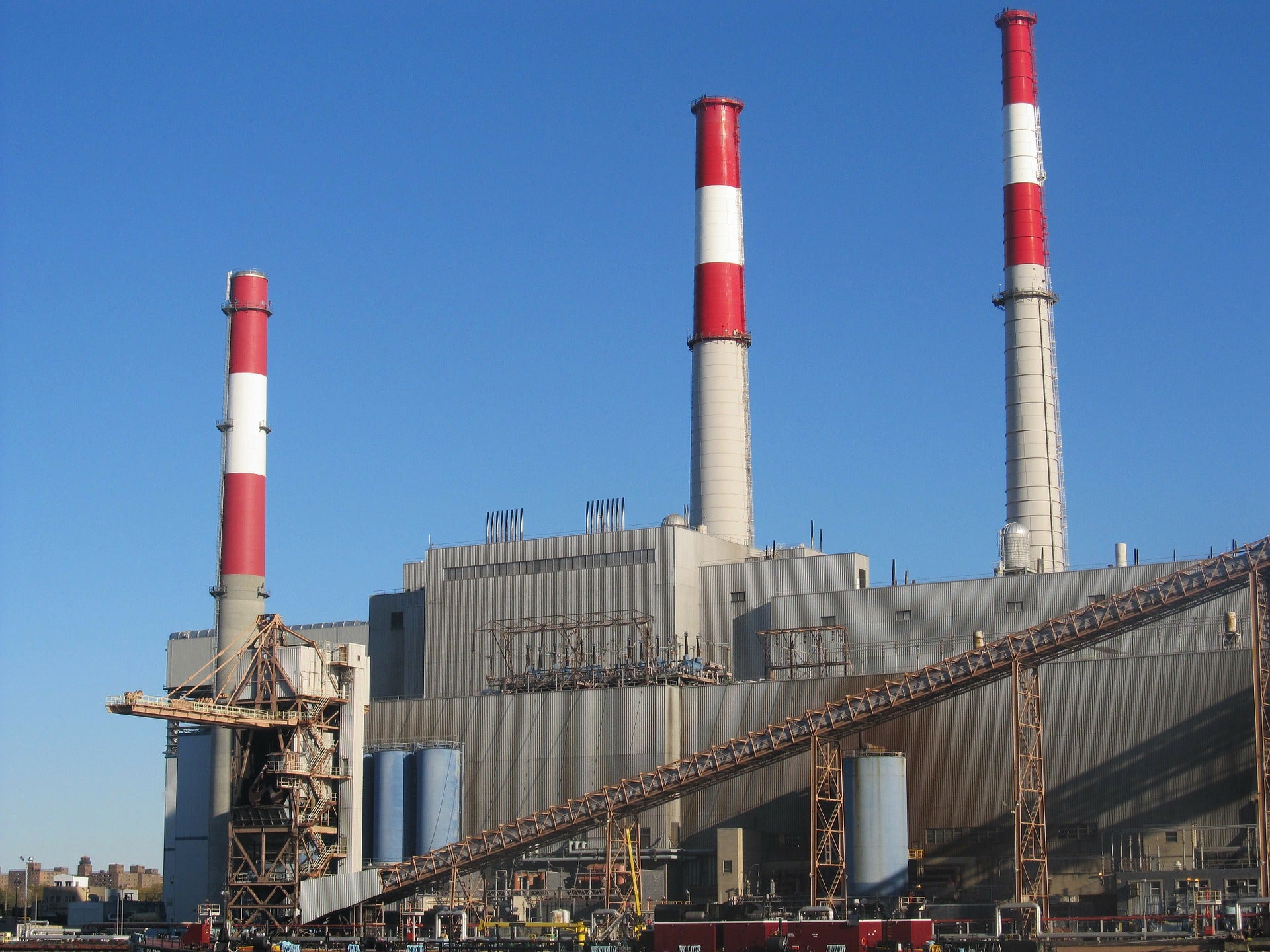
Exxon Mobil and Chevron are reportedly looking to produce renewable fuels at their existing refineries in the US without undertaking costly upgrades.
Without increasing capital investment, the firms are exploring ways to make renewable diesel, sustainable aviation fuel (SAF) and renewable gasoline, reported Reuters.
The process, which is expected to avoid lengthy process for environmental approvals, would include the use of bio-based feedstocks such as partially processed biofuels with petroleum distillates and vegetable oils.
As part of the plan, a task force was launched within international standards and testing organisation ASTM International on Exxon’s request.
The task force will determine the refiners’ capability to co-process up to 50% of certain bio-feedstocks to produce SAF.
Additionally, Chevron is seeking ways to run certain type of bio-feedstocks through the fluid catalytic crackers (FCC) and gasoline-producing units at its refineries.
How well do you really know your competitors?
Access the most comprehensive Company Profiles on the market, powered by GlobalData. Save hours of research. Gain competitive edge.

Thank you!
Your download email will arrive shortly
Not ready to buy yet? Download a free sample
We are confident about the unique quality of our Company Profiles. However, we want you to make the most beneficial decision for your business, so we offer a free sample that you can download by submitting the below form
By GlobalDataChevron spokesperson was quoted by the news agency as saying: “Our goal is to co-process biofeedstocks in the FCC by the end of 2021.”
The company intends to initially supply renewable products to Southern Californian consumers.
Chevron is said to be working together with the California Air Resources Board (CARB) and the US Environmental Protection Agency (EPA) to develop sustainable fuel production methods that would qualify for emissions credits.
Subject to approval by the EPA and CARB, the process would enable renewable gasoline production and generate credits, Reuters reported citing a source familiar with the matter.
The California Energy Commission said that the renewable gasoline, although not yet commercially available, has the potential to reduce CO₂ emissions by 61% to 83%. This depends on the type of feedstock used to produce the product.
Exxon and Chevron own refining divisions that contribute most to their overall carbon emissions.
Currently, the new legislation is being considered by the US Congress for tax credits that would allow commercial production of sustainable aviation fuel.



